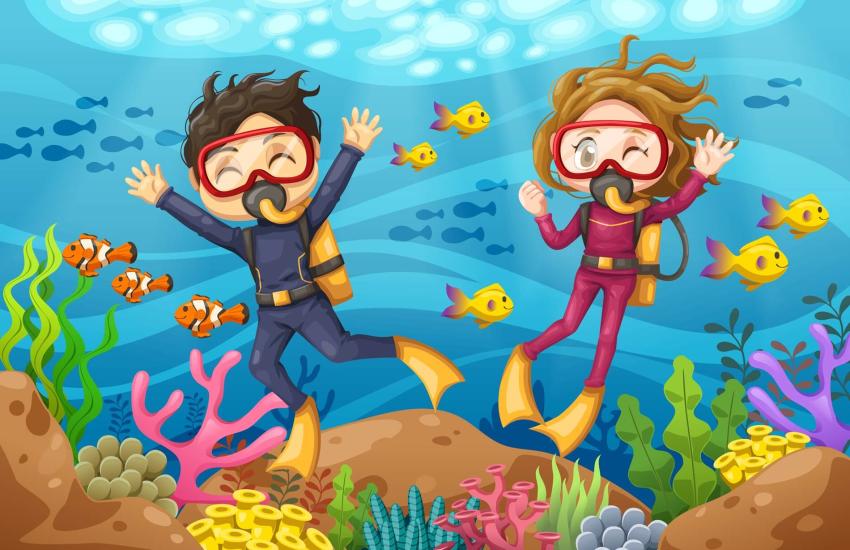Breadcrumb
-
Guidebook
-
Marine Conservation
-
Marine Conservation Volunteer Programs for Non-Divers: Opportunities and Activities
Marine Conservation Volunteer Programs for Non-Divers: Opportunities and Activities

Marine conservation volunteer programs provide various opportunities and activities tailored for individuals who aren't divers but are passionate about safeguarding marine ecosystems. Here are some examples of volunteer programs and activities that are accessible to non-divers:
Beach Cleanups
Beach cleanups stand as a frequent and impactful activity for non-divers. Volunteers play a vital role in clearing litter and debris from coastlines, preventing its entry into the ocean and subsequent harm to marine life. Additionally, these cleanups serve as educational platforms, helping to spread awareness about the detrimental effects of plastic pollution.
Coastal Habitat Restoration
Numerous volunteer programs emphasize the restoration of coastal habitats, such as mangroves, seagrass beds, and salt marshes. Non-divers can actively engage in activities like planting mangrove saplings, restoring dune vegetation, or monitoring the health of coastal habitats. These collective efforts play a significant role in preserving crucial habitats and safeguarding marine species.
Citizen Science Initiatives
Citizen science programs engage volunteers in data collection and monitoring activities that contribute to scientific research. Non-divers can participate in shoreline surveys, marine debris monitoring, or sea turtle nesting surveys. These programs provide valuable data for conservation research and help raise awareness about marine issues.
Education and Outreach
Non-divers can contribute to education and outreach initiatives, both within local communities and through online platforms. Volunteers can help develop educational materials, conduct workshops, give presentations, and engage with the public to promote understanding and awareness of marine conservation issues.
Wildlife Monitoring and Research
Some volunteer programs involve land-based wildlife monitoring and research activities. Non-divers can participate in activities like bird surveys, marine mammal observations, or turtle nesting beach patrols. These programs help gather important data on species distribution, behavior, and population dynamics.
Sustainable Fisheries and Aquaculture
Non-divers might participate in initiatives that emphasize ethical aquaculture and sustainable fishing methods. Volunteers can help with tasks like fishery assessments, aiding regional fishing communities, encouraging the consumption of sustainably caught seafood, or supporting best-practice aquaculture operations.
Community-Based Conservation Initiatives
Many marine conservation projects involve working directly with local communities to develop sustainable practices and promote conservation awareness. Non-divers can contribute to initiatives such as community workshops, eco-tourism development, waste management programs, or sustainable livelihood projects that benefit both the community and the marine environment.
When considering marine conservation volunteer programs, look for organizations that explicitly offer opportunities for non-divers. Ensure that the program aligns with your interests and desired level of involvement. Some programs may provide training and workshops to equip non-divers with the necessary skills and knowledge to contribute effectively to conservation efforts.
Keep in mind that you can contribute to marine conservation in various ways beyond diving. Engaging in these volunteer activities plays a crucial role in sustaining marine ecosystems, spreading awareness about conservation challenges, and inspiring others to take action for the protection of our oceans.

